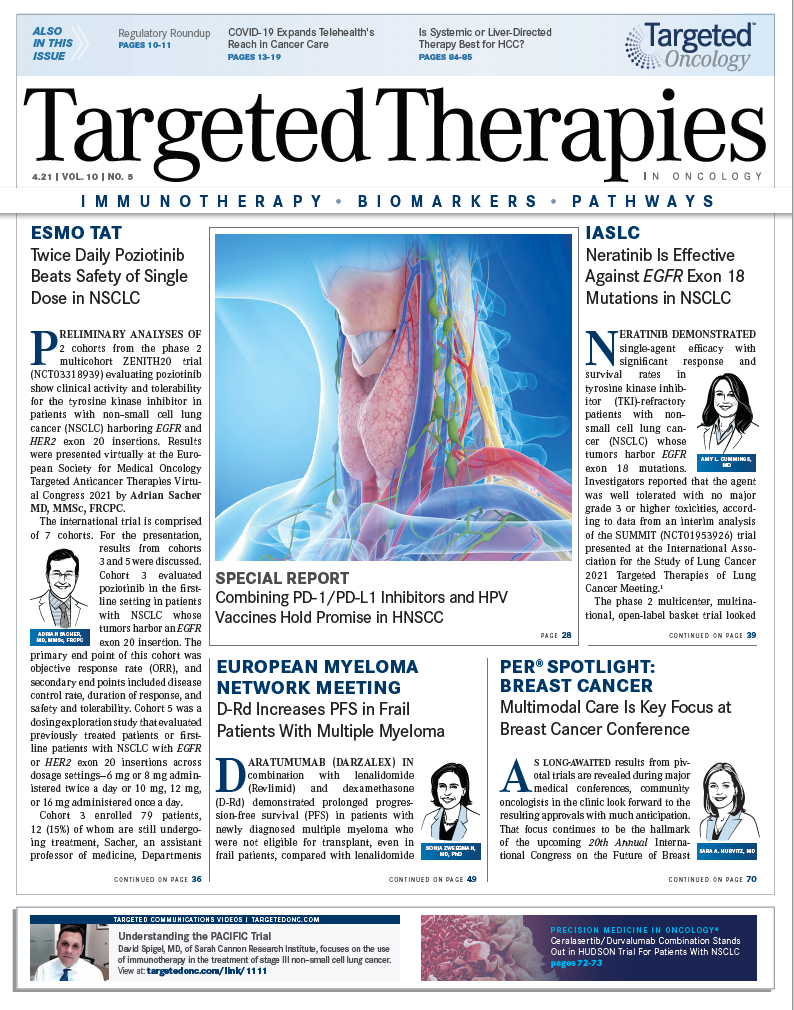Translational Medicine Forges Ahead in HPV-Associated Cancers
Nearly 20% of the world’s cancer cases are caused by viruses, and 7 viruses have been documented to cause this aggregate number of cancer cases, with HPV being the most well recognized.
Robert L. Ferris, MD, PhD

In this issue we recognize an important cause of cancer in men and women: the human papillomavirus (HPV). Nearly 20% of the world’s cancer cases are caused by viruses, and 7 viruses have been documented to cause this aggregate number of cancer cases, with HPV being the most well recognized. This notoriety stems from its etiologic activity as a major cause of cervical cancer, anal cancer, and, in a rapidly increasing set of cases with a 3:1 male-to-female ratio, head and neck squamous cell carcinoma (HNSCC).
Since 2018, March 4 has been designated as International HPV Awareness Day. The goal is to promote awareness of HPV as a major cause of these cancers because it is preventable through vaccines that are highly efficacious. The success of the HPV vaccine is reminiscent of the recent advancements leading to efficacious vaccines that prevent or ameliorate coronavirus disease 2019 (COVID-19). The worldwide impact of the HPV vaccine is just as potent.
The special report in this issue, “HPV-Targeted Vaccines Combined with PD1 Inhibition Promise to Transform The Treatment of HPV-positive Head and Neck Cancers” (pages 28-31) describes strategies for therapeutic HPV vaccination in conjunction with standard chemo-radiation approaches or more favorably combined with anti–PD-1 immunotherapies. Therapeutic HPV vaccination must be targeted against the oncogenes expressed during cancer progression (oncogenes E6 and E7), whereas the prevention vaccine can target surface capsid of the virion, much like the COVID-19 vaccine targets the spike protein to prevent cellular entry.
We are pleased to review the exciting advances in therapeutic cancer vaccines as antiviral strategies, recognizing the wonderful accomplishments in HPV cancer prevention. We need to continuously test therapeutic HPV strategies in HSNCC, which has overtaken cervical cancer as the most common HPV-associated cancer, in North America. The future is bright, and translational science is working.

Survivorship Care Promotes Evidence-Based Approaches for Quality of Life and Beyond
March 21st 2025Frank J. Penedo, PhD, explains the challenges of survivorship care for patients with cancer and how he implements programs to support patients’ emotional, physical, and practical needs.
Read More